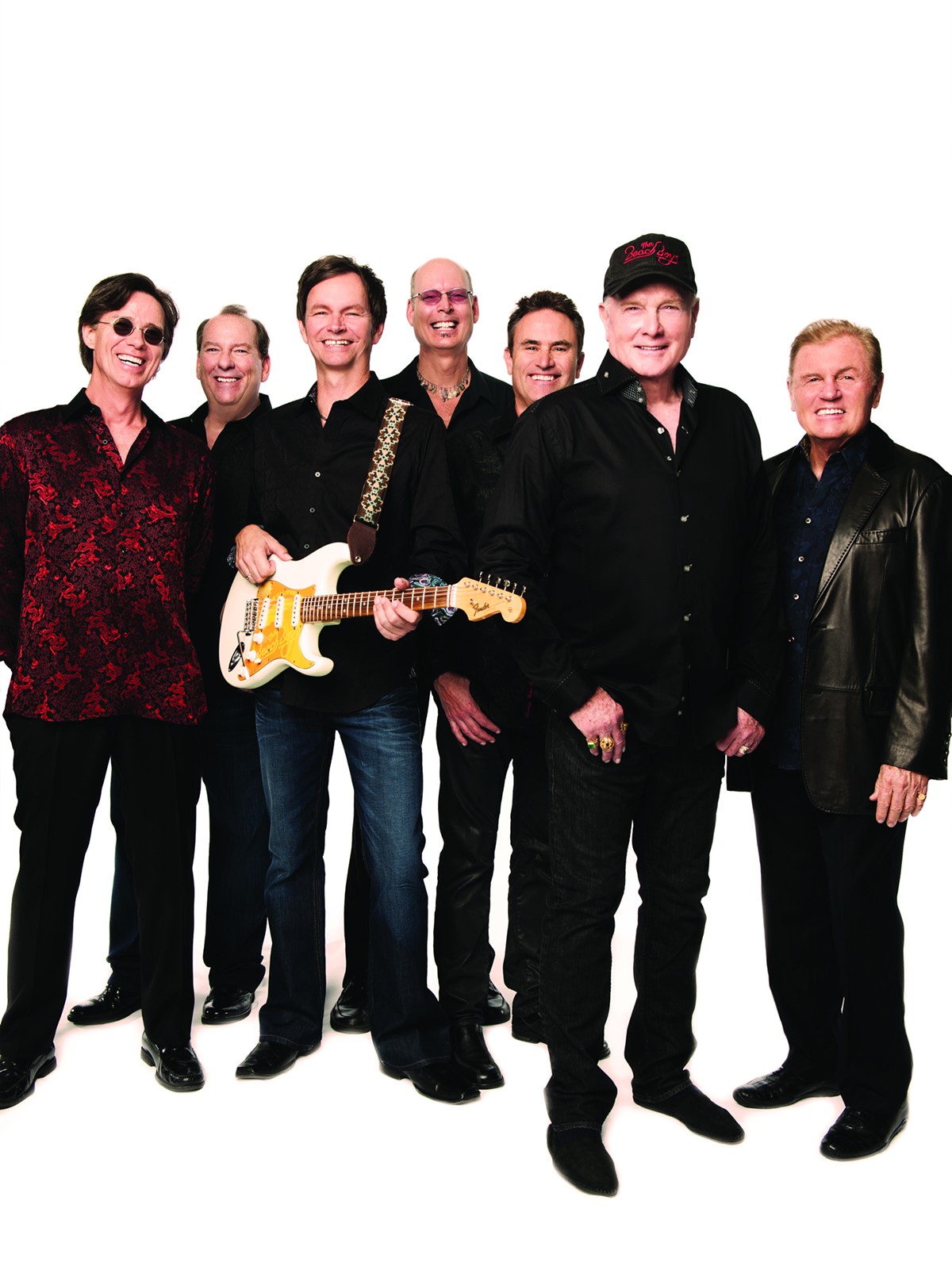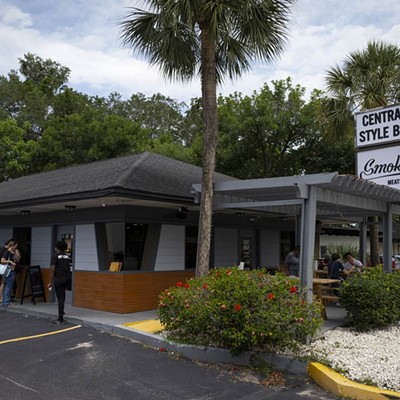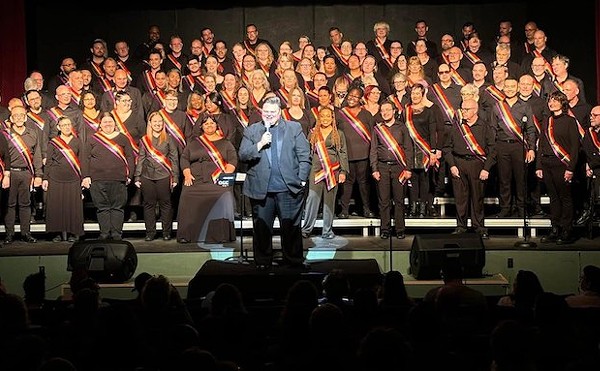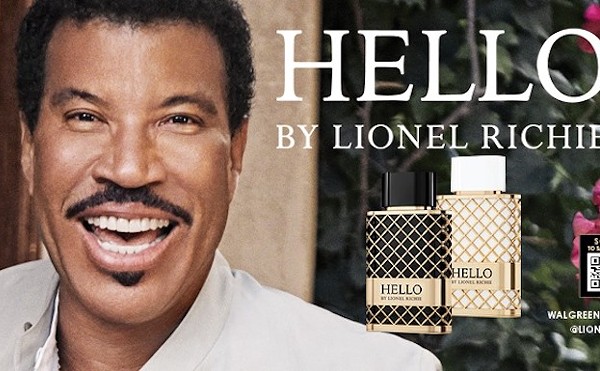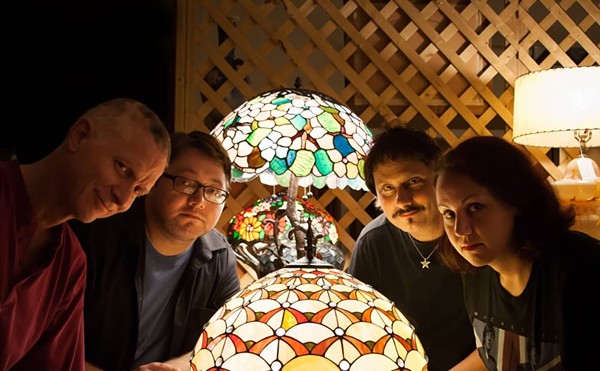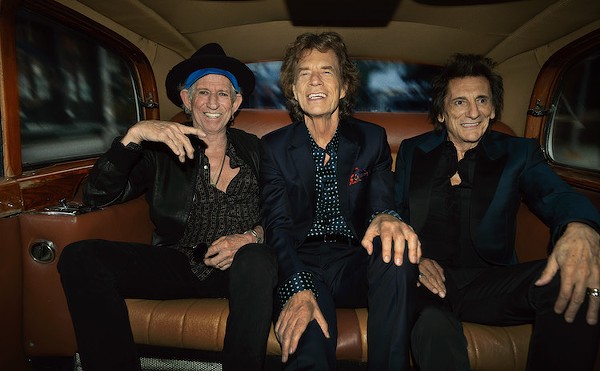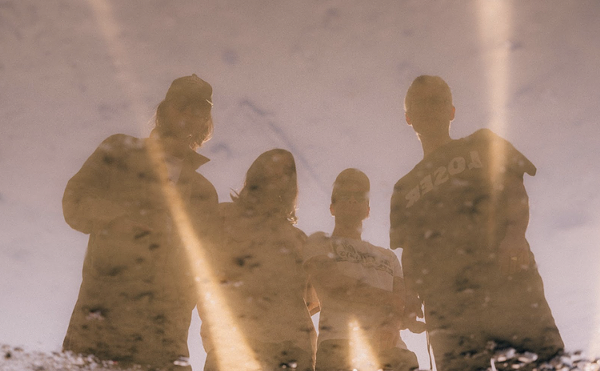On April 9, 1965, the second wave of the Beach Boys began. The first wave had crashed, leaving the brothers Brian, Carl, Dennis, their cousin Mike and neighbor Al to serve as ripples that reached every shore in the world. Hit after hit blasted the Boys into stardom with their signature sound, but inevitably the winds began to change. Amid the looming threat of a creative revolutionary, Brian Wilson, losing his grasp on reality, the Vietnam War and an ever-changing landscape in the music industry, an accidental messenger emerged.
At the time, Bruce Johnston was on staff as a producer at Columbia Records and "Help Me Rhonda" had just hit No. 1 on the Billboard charts. The band initially contacted Johnston to help find a stand-in for Brian on vocals and bass for a New Orleans date – none of Johnston's contacts could make the gig. Johnston came to the rescue. Afterward, Carl Wilson called Johnston, begging him to join the band. When given the choice between suit and tie and adoring fans, Johnston chose the latter: "I was too young not to be hypnotized by the screams and the great music."
Over the summer of 1965, Brian stayed home to work on his masterpiece, Pet Sounds, while Johnston and the band toured. "Some people aren't meant to tour, really," Johnston says. "Brian wasn't meant to tour. I mean, thank God I was able to permanently take his place, so he could stay home and make Pet Sounds." After lack of U.S. promotion from Capitol Records upon Pet Sounds' release, Brian's health and the fate of the band took a turn for the worst.
"Certain guys have so much talent ... like Brian," Johnston says. "He wrote it, he arranged it, he produced the tracks, sang the leads, and was supposed to go on the road? I don't know how you do that."
Johnston, now taking an active role during studio sessions, was an avid fan of Brian's work. "I was kind of the accidental messenger because I took Pet Sounds with me to England, and everybody was so gung ho ... I could do no wrong. I wasn't Brian, but I was treated like I was." Following the release of "Sloop John B" as a single in the U.K., Johnston played an advance copy of Pet Sounds for John Lennon and Paul McCartney. After hearing, they replied, "Play it again, please."
Johnston's involvement gradually increased as Brian's stability and the Beach Boys' relevance diminished. With war becoming a reality, the culture shifted from good-timey innocence to stalwart action and activism. The Beach Boys suffered greatly from the changing tide. "You remember Spinal Tap? Playing the Air Force Academy or something like that ... the Beach Boys were forever Republicans, so we became not cool for school anymore."
"Frankly, the music business was a lot geekier back then," Johnston says. As Capitol turned its back on Brian's work, he spiraled deeper into destruction. Then the label abandoned what he thought to be some of his best material, Smile, which ended up locked in the Capitol vaults for almost 50 years, while the Sinatra-esque Adult Child was canned altogether – only to be compiled by bootleggers for a niche audience able to accept the absurd. "How do you expect a guy to keep running the Olympics every day and win a gold medal?" Johnston says. "I think that's what the label expected from Brian."
By 1970, Capitol ended its relationship with the Beach Boys, resulting in a nasty legal battle. Newly started Reprise Records, backed by Old Blue Eyes himself, picked them up for their record Sunflower, Johnston's "favorite of all the Beach Boys albums." While the record ultimately didn't sell well, it remains one of the few to include writing from all six members. "Brian's needing to catch his breath really caused every guy in the band to be able to try to produce tracks and write them," Johnston explains.
After leaving the band in '72, Johnston focused on solo work and wrote for other artists, earning him a Grammy for Song of the Year with Barry Manilow's "I Write the Songs" – an effort which he credits to his time learning from natural masters Brian Wilson and Mike Love. He returned in '78 permanently, touring the world and producing several albums with the Beach Boys.
Although Johnston's contributions are commonly overlooked, he remains a true Beach Boy, invaluable to the long-term success of the band and ultimately furthering their legacy by allowing the timeless work of a misunderstood genius to be recognized by history. Almost 40 years later, Brian's vision of Smile was finally unlocked from the Capitol vaults and able to show its pearly whites, receiving a Grammy for Best Historical Album in 2013.
Johnston finds it tragic that the band never saw a Grammy for any of their incredible songs, but he's more at peace since 2013: "You fast-forward to a couple years ago ... and Brian's 25-year-old talent and momentum is honored with a Grammy."

